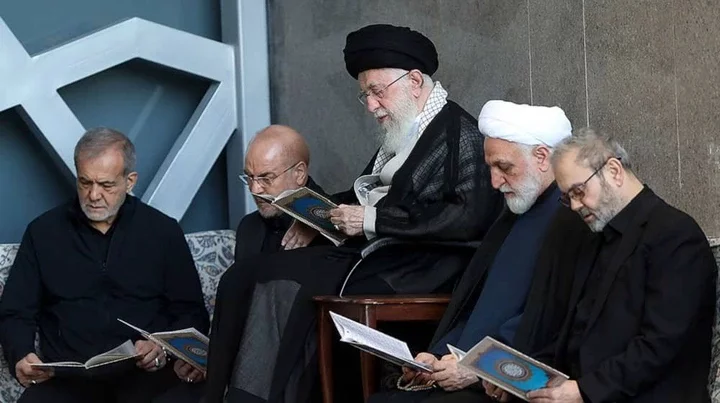
In a highly anticipated sermon during Friday prayers on October 4, the Iranian regime's Supreme Leader Ayatollah Ali Khamenei delivered a speech that, despite the regime's efforts to frame it as a show of strength, revealed his deep anxiety over the future of his regional strategy. While state-controlled media highlighted Khamenei's harsh rhetoric toward Israel, it was what he did not say that resonated the most.
Feeling increasingly isolated, Khamenei appeared to make a desperate plea for support from other nations. "The Islamic Ummah has suffered greatly from the divide-and-rule policies of the arrogant powers, but today is a day of awakening for Muslims. We must not allow this sinister policy to be repeated," he declared, referencing a common enemy he claimed all Muslim nations face.
Khamenei added, "The enemy of the Iranian nation is the same enemy of the nations of Palestine, Lebanon, Egypt, Syria, Iraq, Yemen, and other Islamic countries. All aggressive and divisive orders come from the same command center, differing only in tactics across these nations."
In a desperate bid to rally support from other nations, Khamenei issued a stark warning to neighboring countries: "Any nation that wants to avoid the crippling siege of the enemy must act quickly. If the enemy targets one nation, others must rush to its aid, or it will soon face the same fate."
Khamenei also praised Hezbollah leader Hassan Nasrallah and acknowledged a recent missile attack by the Islamic Revolutionary Guard Corps (IRGC) on Israel, which took place on October 1. According to international reports, the attack, dubbed "The True Promise 2" by Tehran, failed to inflict any significant damage or casualties in Israel. Ironically, the only reported death was of a 38-year-old Palestinian man, Hassan al-Asli, killed by debris from a falling missile, leaving his poor family in mourning.
Citing the October 1 missile attack, Khamenei said, "We neither hesitate nor rush in carrying out our duties. What is logical and right will be done based on the decisions of our military and political leaders, just as it has been in the past and will be in the future if necessary."
The content of Khamenei's speech underscored his growing sense of fear that his long-held strategic approach, one that has sustained his regime for over three decades, is on the verge of collapse. His regime has heavily relied on suppressing domestic dissent while exporting terrorism abroad to project strength. Yet, this strategy is now unraveling.
Khamenei had raised expectations in recent weeks, suggesting he would address the situations in Gaza and Lebanon. The last time he appeared at Friday prayers was in January 2020, following the regime's unsuccessful missile strike on U.S. forces in Iraq, which came in retaliation for the assassination of Qassem Soleimani, then commander of the IRGC Quds Force.
In today's sermon, Khamenei, whom the regime has tried to present as "the leader of Muslims worldwide," notably avoided speaking directly about Iran, instead addressing the people of Lebanon and Palestine. In his second sermon, he switched to Arabic, telling his proxies not to lose hope and reassuring them that their enemies would fail eventually. His speech was largely directed at these foreign militias, rather than his domestic audience.
For today's Friday prayer sermon in Tehran, Iran's regime invested significant resources to stage a display of support for Khamenei. Authorities went to great lengths to assemble crowds meant to project a false image of popular backing, attempting to overshadow the widespread protests that have exposed the regime's illegitimacy. Hours before the Friday prayers, reports indicated that Tehran was under near-martial law, with security forces on high alert. Internet speeds were deliberately slowed to ensure the regime's control over the situation. Iranian state media outlet Tabnak, affiliated with former IRGC Commander Mohsen Rezaee, boasted in a headline about "the international reflection of the Supreme Leader's speech," claiming that Iran had demonstrated its power to the world.
However, inside the country, the atmosphere told a different story. The MEK's internal social committee reported that 38,000 security personnel, including police, Revolutionary Guard forces, and the Basij militia, were deployed throughout Tehran to maintain order. Security checkpoints and intelligence patrols were active across the city, with the primary objective of preventing any gatherings.
For over three decades, the Iranian regime, lacking domestic legitimacy, has sought to maintain power through a combination of internal repression and external terrorism. Yet, after a series of popular uprisings, nationwide election boycotts, and the exposure of its terrorist, missile, and nuclear ambitions, its real capabilities have been laid bare. The regime is now isolated internationally, and recent military setbacks further reveal its vulnerability, both to the Iranian people and its domestic and foreign proxies.
Khamenei's anxiety is well-founded, as the very forces that once enabled him to suppress dissent at home and export his ideology across the region have now brought his regime to the brink of an existential crisis. While Khamenei may largely ignore or downplay this reality, those closely observing his waning grip on power are not distant enemies but rather the millions within Iran itself. It is these internal forces, long suppressed but now rising, that pose the greatest threat to his regime's survival. The true danger lies not abroad, but at home, where discontent is simmering just beneath the surface.

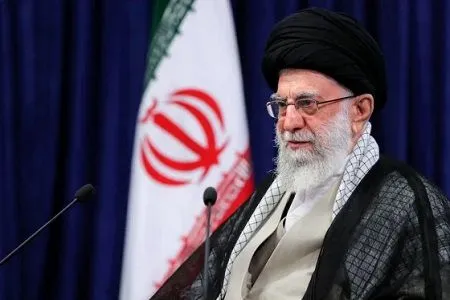
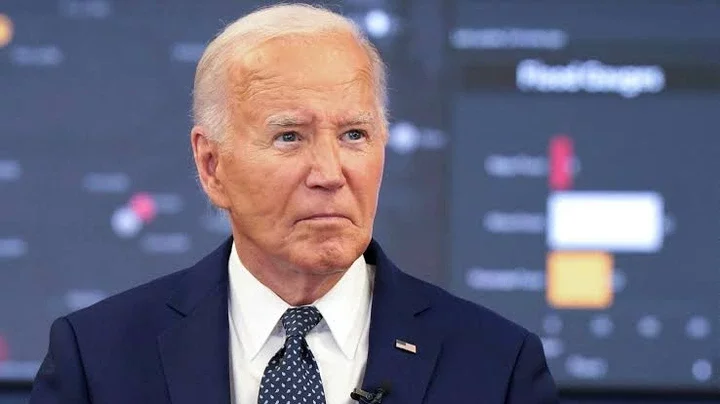
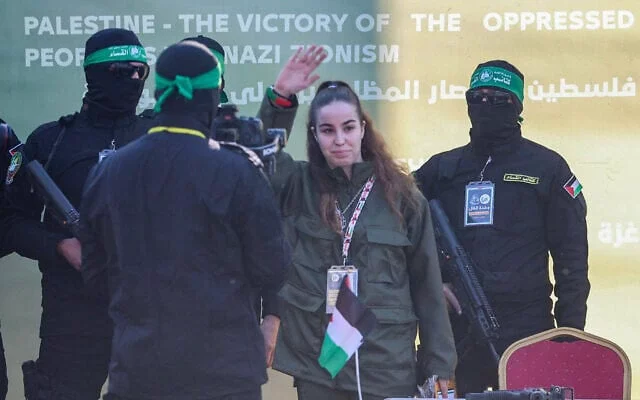
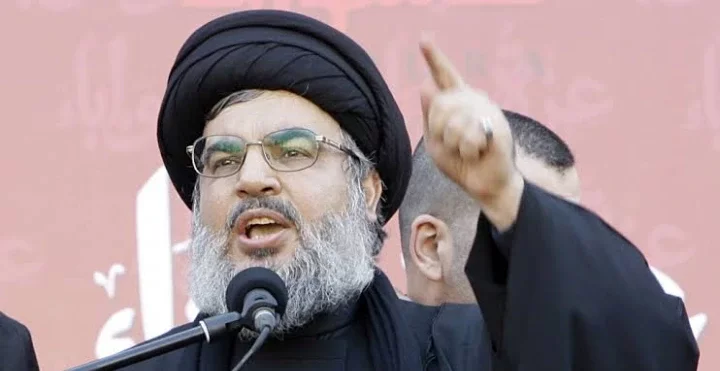
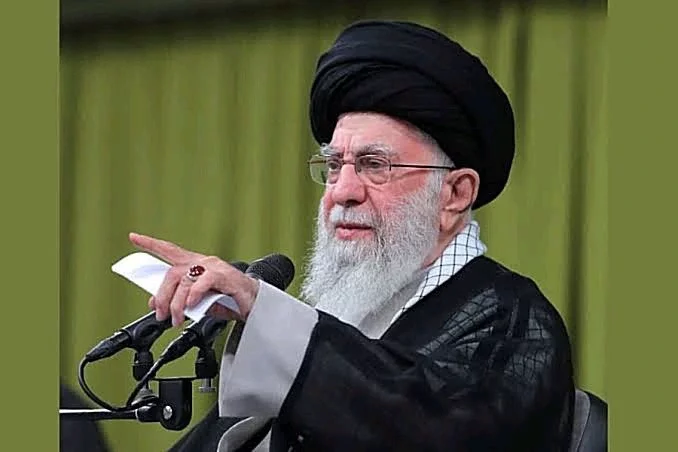
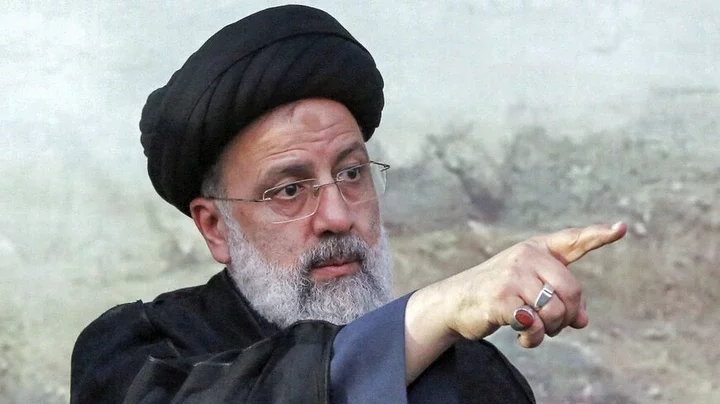

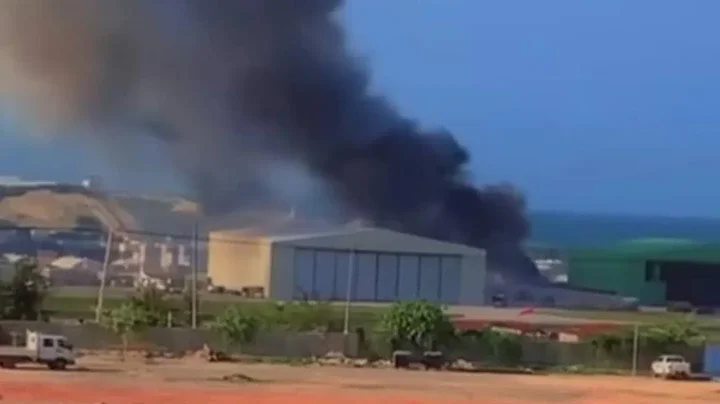






Comments